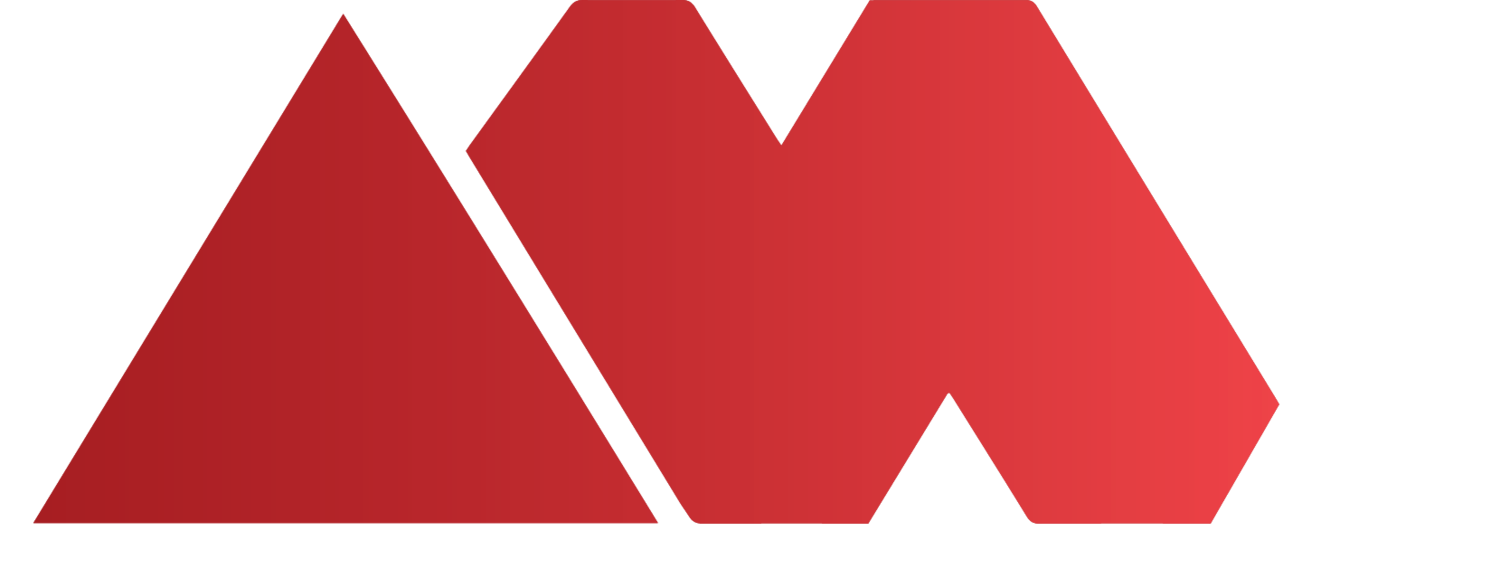The last decade gave birth to technologies, sciences, and business models which have brought in
Companies which are challenging the norm
Forced companies to transform or evolve their business models
Perished or close to being non-existence large companies which at one point were industry leaders
A more significant and higher-order business transformation program that came to light was the term "Digital Transformation." Industry leaders, academia, and many other leaders defined their own versions of how organizations should approach digital transformation. The concept started taking many forms, and technology-led organizations started positioning as their product as the lead to drive digital transformation. The positioning enabled and excited board members and executives to embark on the "Blue Pill" that adopting such technologies would be to position the company completing a digital transformation program. The order was short-lived, the companies faced the following:
Technologies weren't able to scale organization-wide
It solved a specific and not a more significant organization-specific use cases
Hence adopting technologies is just one of the cog in the wheel and not the entire picture. The recommended approach to the right digital transformation program is to define your strategy based on:
Redefining the business
Enhancing customer-facing programs
Improving employee engagement and increasing efficiencies
Generating and evaluating new business models
Setting the machine to machine engagement models
With the solve objectives to strengthen and transform the business into its entirety. In addition to core strategic framework, the essential layers which enable a digital transformation are:
Data - the fundamental asset of the companies to drive, prioritize and simulate the programs
People - a multi-faceted and multi-skilled team
Technology - an appropriate tech stack and not a single ecosystem with a balanced subscription and open tech ecosystem
Agile and DevOps - the sharp and continuous delivery mechanism
AI - an enabler to exponentially impact the program
Consulting - an in-house group to define, refine and project outcomes
Engineering - a robust technology-enabled approach
Knowledge Management - ensure retention of organizational knowledge
The layers are not independent and are like lego blocks that come together to form a structure.
Recommended books for further reading:
Hit Refresh
Book by Satya Nadella covering his personal life and transformation of Microsoft
Driving Digital Strategy
One of my favorite books on Digital Transformation



